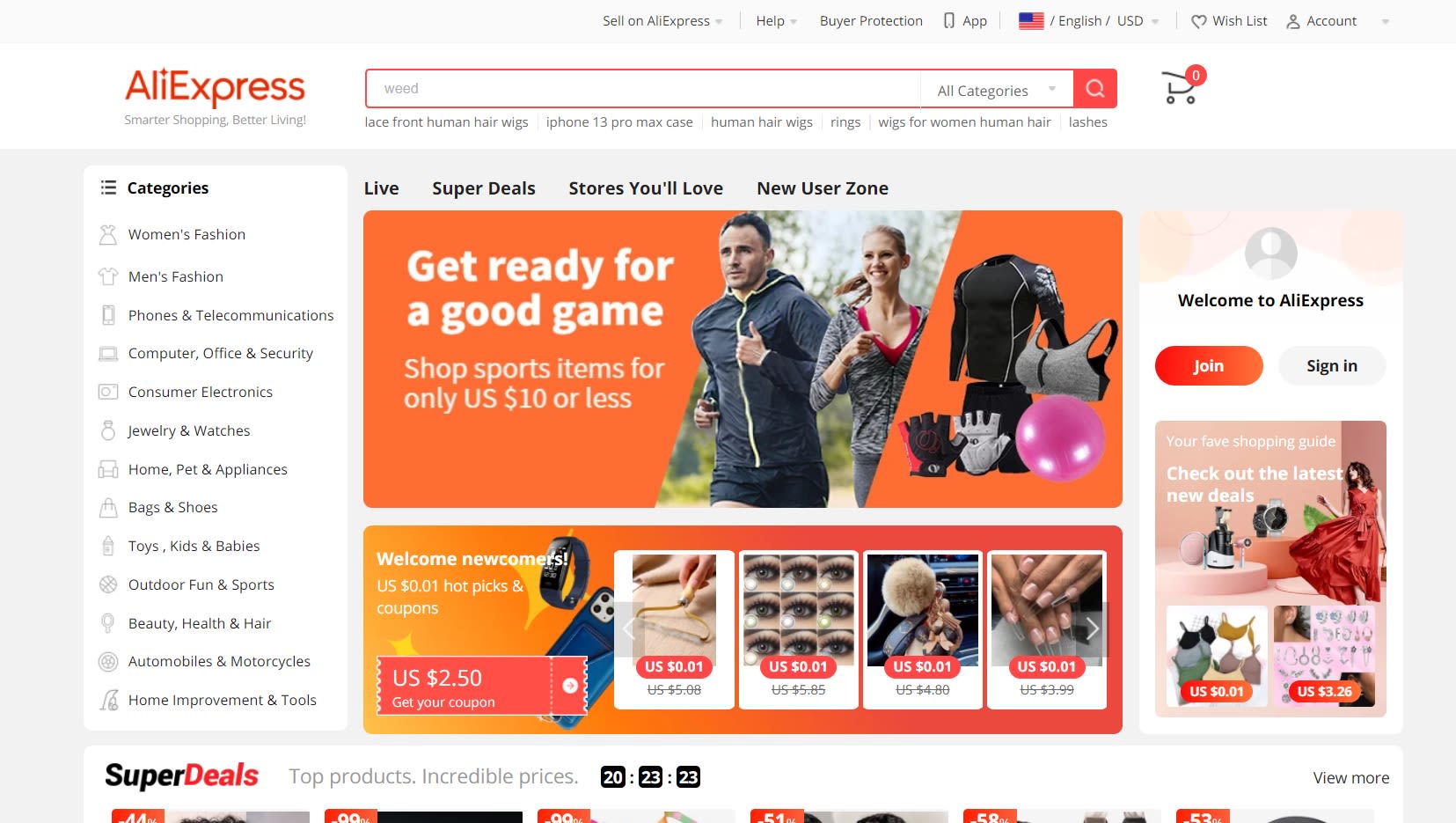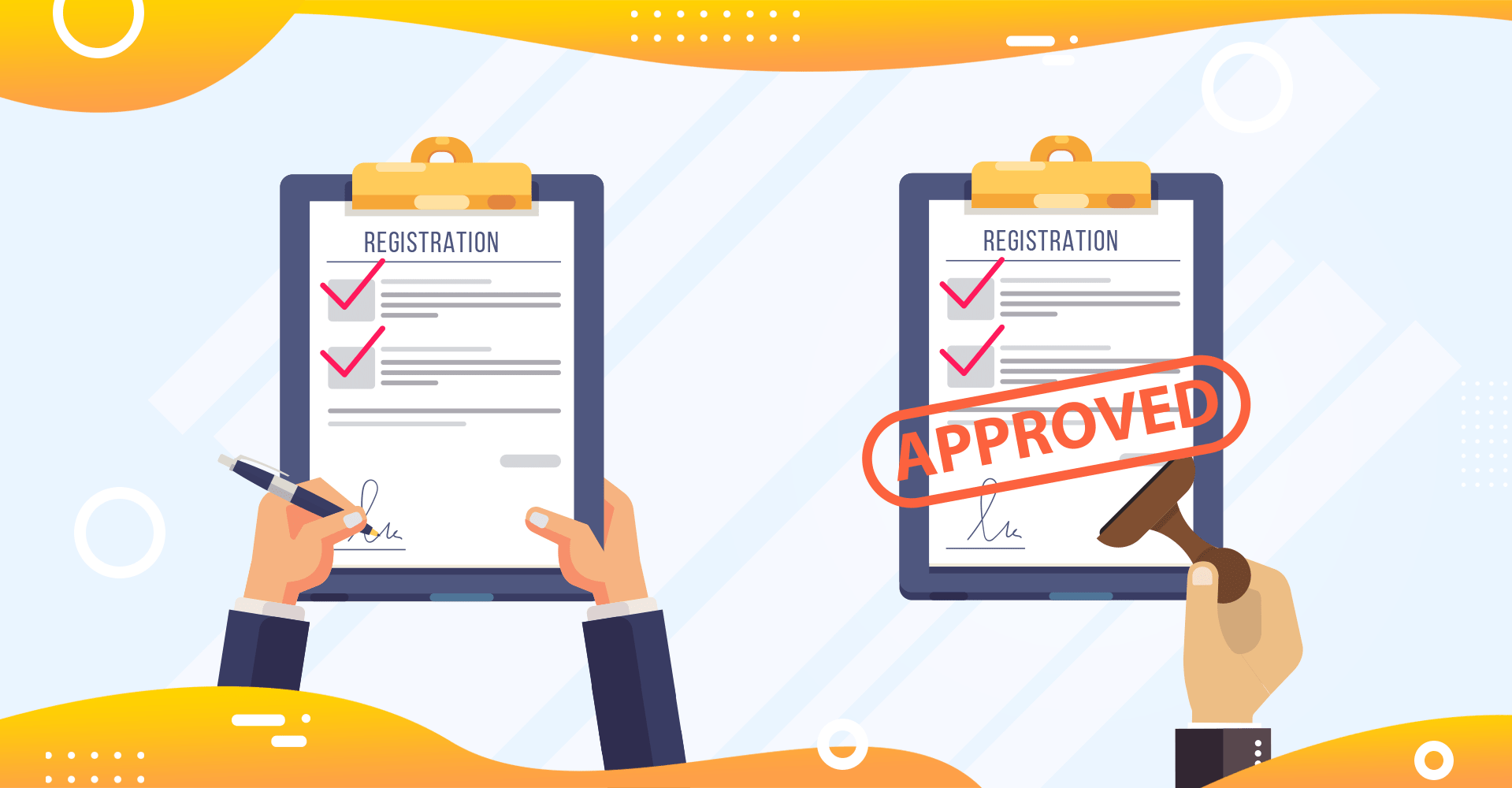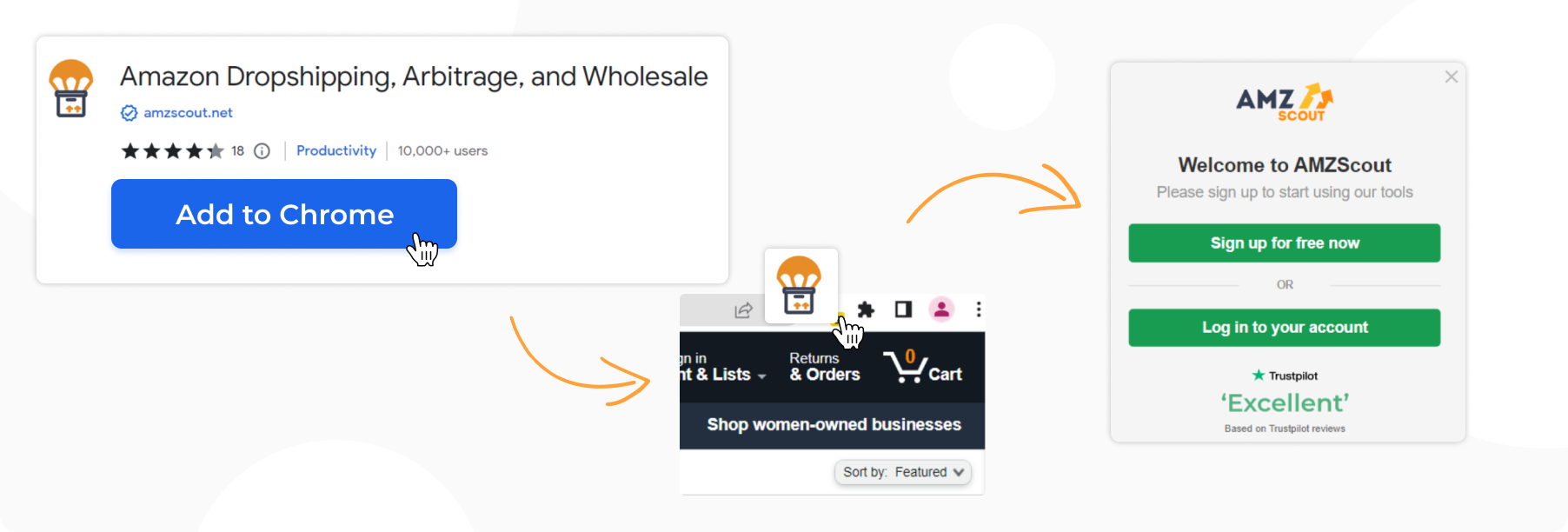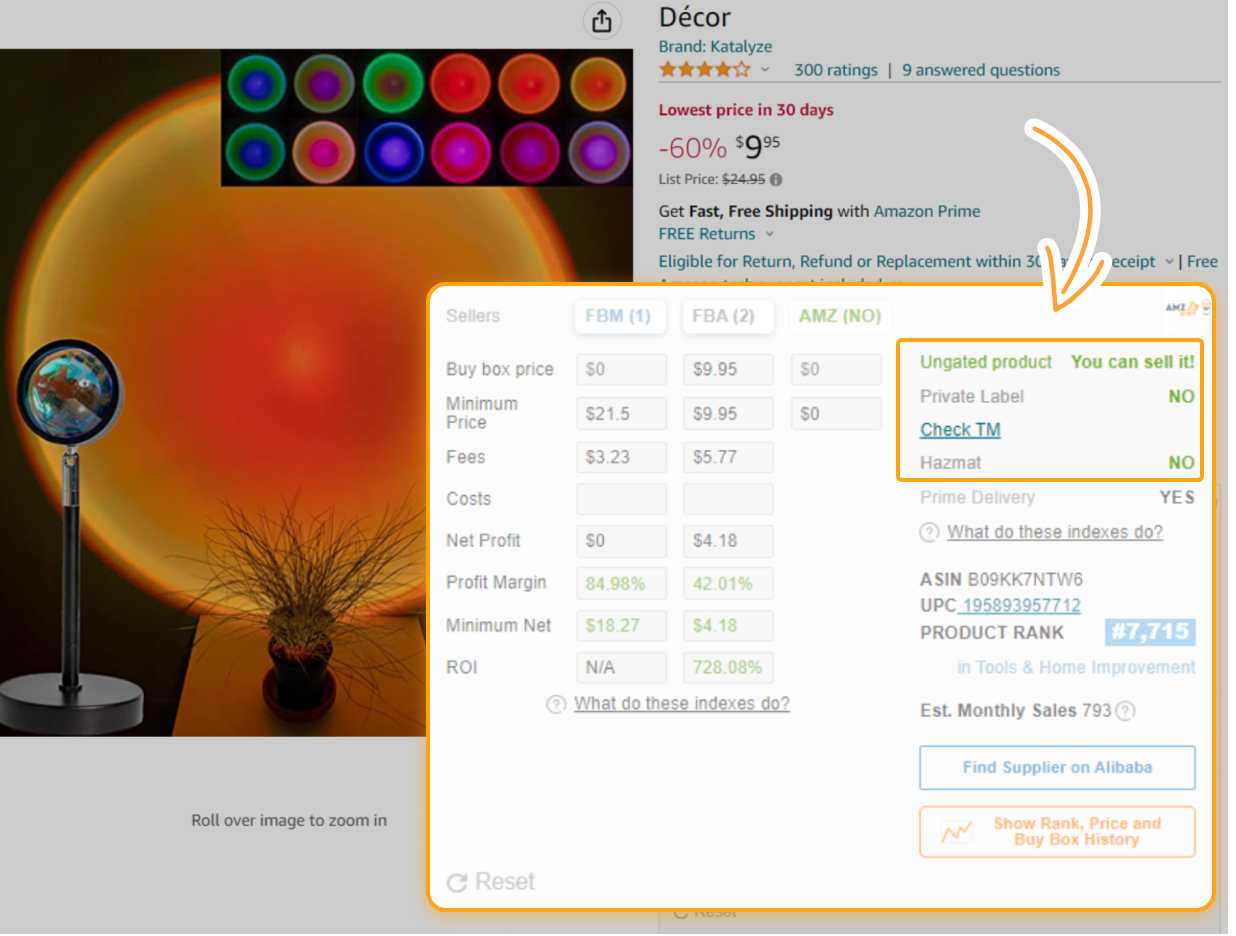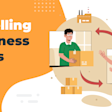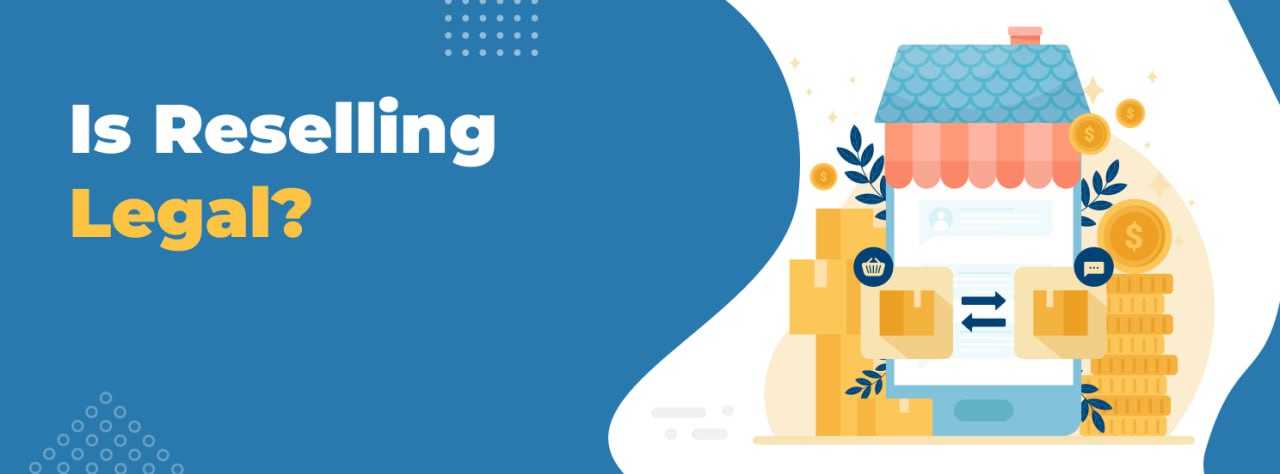
Is It Legal to Resell Items? Everything You Need to Know About Reselling
Reselling items has become a popular and profitable way to earn income in today’s e-commerce-driven world. The reselling business model actually offers endless opportunities for sellers—far more than just ‘buy and resell for profit’.
In this article, we’ll define what reselling is, clarify its legality, and outline how to ensure that your reselling business operates legitimately and responsibly.
Table of contents
What is Reselling?
At its core, reselling involves purchasing goods—sometimes in bulk or at discounted prices—and selling them at a higher price to generate a profit. This practice has become particularly popular in the age of online shopping, where platforms like Amazon, eBay, and Shopify have made it easier than ever for individuals to reach a global audience.
A reseller is anyone who engages in this practice, often acting as an intermediary between manufacturers or wholesalers and the final consumers. Resellers do not create the products themselves, but instead curate and market them to meet consumer demand.
Is Reselling Legal?
Yes, reselling is perfectly legal, as long as you comply with platform rules, avoid counterfeit items, and meet any legal or regulatory requirements for the products you sell. While reselling is generally legal, there are important considerations to ensure that you adhere to all laws and platform-specific regulations.
Here are some of the most common reselling scenarios and their legal implications:
Reselling Items from Sites Like AliExpress or Temu
Reselling items from platforms like AliExpress or Temu is legal, provided that the products are authentic, comply with import regulations, and do not infringe on any intellectual property rights.
These platforms offer a wide range of goods at competitive prices, making them attractive for startups. However, this strategy has legal and practical implications to be aware of. Reselling these items can be legal as long as:
You avoid counterfeit products: Unfortunately, there are many items sold on these platforms that mimic branded products, and selling them can violate intellectual property laws.
You ensure product quality: Poor-quality goods can result in consumer complaints or even lawsuits.
You follow import regulations: Check your country’s import rules to ensure compliance with duties and restrictions.
If you’re using AliExpress or Temu, focus on sourcing original, high-quality products and research any restrictions related to imports. A professional approach not only avoids legal pitfalls, but also enhances customer trust.
Reselling Items on Amazon
It is legal to resell items on Amazon, but you must comply with its policies, obtain approval for restricted categories, and provide documentation to verify product authenticity.
In order to succeed, it’s imperative that resellers understand Amazon’s rules, including:
Restricted Categories: Many product categories, such as electronics, luxury goods, and health items, require prior approval from Amazon before you can list them for sale.
Authenticity Documentation: Amazon often requests invoices, receipts, or other proof to verify the legitimacy of your products.
Counterfeit Risk: Selling counterfeit or misrepresented items can lead to severe consequences, including account suspension or legal action.
Compliance Tools: Before listing products, review Amazon’s Restricted Product Categories page and utilize seller tools to ensure that your products meet platform guidelines.
As long as you align with all policies and maintain transparency, reselling on Amazon can be highly profitable. By adhering to the platform’s rules, you can grow your business while avoiding penalties.

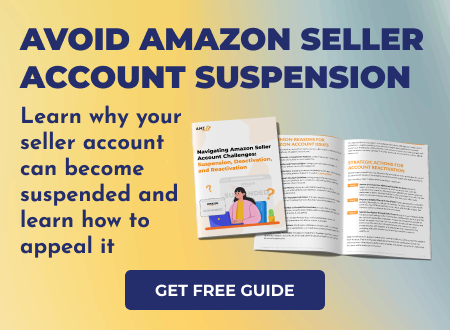
Reselling Branded Items
Reselling branded items is legal under the First Sale Doctrine if they are purchased legally, but be sure to avoid counterfeit products and comply with trademark and intellectual property laws.
Understanding the nuances of intellectual property laws is essential in this case:
First Sale Doctrine: In the U.S., you can legally resell branded items if they were purchased through legitimate channels.
Unauthorized Reselling Risks: Selling branded goods without authorization or proper documentation can lead to trademark and copyright violations.
Luxury Brand Scrutiny: High-end brands often require additional permissions to protect their intellectual property and combat counterfeiting, especially in the context of flipping their products for profit. Ensure that you meet these requirements to avoid legal issues and maintain compliance.
Resale of branded items is a lucrative niche when done correctly. Make sure your sourcing channels are legitimate and that you obtain the required permissions needed to protect your business and reputation.
How to Legitimize Your Reselling Business
If you’re serious about building a sustainable reselling business, taking the right steps to ensure compliance is crucial. Here’s a breakdown of best practices to follow:
1. Check All Platform and Product Restrictions
Understanding platform-specific guidelines is crucial for reselling success. Each e-commerce platform has its own set of rules regarding what can and cannot be sold, as well as specific documentation requirements.
When selling on any platform, be sure to research the general guidelines and restrictions that apply universally. Here are key considerations:
Restricted and Prohibited Products: Check the platform’s policies to identify any items that can not be resold, or require specific permissions to sell.
Gated Categories: Determine if the product falls into a gated category, and if so, be sure to obtain the necessary approvals, licenses, or certifications required to list it.
Reselling Conditions: Understand how reselling is permitted on each platform. For example, Amazon and some others only allow dropshipping under specific conditions, such as ensuring that you are the seller of record and managing your inventory responsibly.
For Amazon specifically, consider using tools like AMZScout’s Dropshipping, Arbitrage, and Wholesale extension to dive deeper into product regulations. These tools can help you identify restrictions, verify whether special permissions are needed, and assess limitations for dropshipping, arbitrage, or wholesale. This approach minimizes risks and ensures compliance with platform rules.
Here’s how:
1. Install the AMZScout Dropshipping, Arbitrage and Wholesale Extension. Then head to the Amazon website.
2. Search for any product on Amazon. Open the listing for your chosen product.
3. See the information dashboard. Check the information dashboard located just below the product details. Consider important factors such as:
Private Label: These items typically cannot be resold.
Product Category: You need to check whether the product is ungated, as gated categories may require additional approvals.
HAZMAT: If the product falls under these restrictions, this could complicate your shipping and storage.
IP (Intellectual Property) Claims: Infringing on others’ intellectual property could lead to disputes.
By assessing these factors carefully, you can make informed decisions and avoid potential issues.
Researching and complying with platform-specific guidelines is a proactive step that safeguards your reselling business. By understanding and adhering to these rules, you minimize risks and position yourself for long-term success across various e-commerce platforms.
2. Work with Trusted Suppliers
Choosing the right suppliers is the backbone of any successful reselling business. Reputable suppliers ensure not only the quality of your products, but also the legality of your operations. A strong partnership with trustworthy suppliers can make or break your business. So, here’s what you need to look for before choosing your supplier:
Licenses and Certifications: Verify that your supplier has the necessary licenses to operate, especially if you’re sourcing from overseas.
Reviews and Reputation: Check online reviews, testimonials, and feedback to ensure that your supplier has a good track record.
Quality Control: Request product samples to confirm quality of the items before committing to a large order.
By taking the time to vet suppliers and build strong relationships, you lay a solid foundation for sustainable growth in your reselling venture. Create connections with suppliers who are transparent and willing to provide the necessary documentation for product legitimacy.
3. Understand Laws and Regulations
Familiarizing yourself with the legal requirements of reselling is essential in order to avoid fines, penalties, or lawsuits. Every country and platform has its own specific rules governing the sale of goods.
By proactively addressing these legal considerations, you not only protect your business but also build trust with customers and partners. Key considerations include.
Import/Export Rules: Review your country’s regulations for importing products, including any taxes, customs duties, or restrictions on certain items. Non-compliance can result in confiscated goods or financial penalties.
Intellectual Property Laws: Make sure you don’t sell counterfeit or trademarked items without proper authorization. Violations can lead to costly legal disputes and damage your reputation.
Tax Obligations: Register your business and comply with local and international sales tax regulations. This includes collecting and remitting sales taxes where required.
Professional Advice: Consult a legal expert or tax advisor to help you navigate these complexities. Their guidance can ensure that your business meets all necessary legal standards.
Reselling Laws by Country
Reselling laws vary by country, but most regions allow the resale of genuine goods under specific legal principles. Here’s how it works globally:
United States: The First Sale Doctrine allows you to resell genuine, lawfully purchased products without the manufacturer’s permission, as long as you don’t misrepresent the brand or sell counterfeits.
European Union: The Exhaustion of Rights principle (EU Directive 2001/29/EC) lets you resell genuine goods once they’ve been sold within the European Economic Area (EEA). However, importing goods from outside the EEA for resale may require authorization.
United Kingdom: After Brexit, the UK follows a similar Exhaustion of Rights rule. You can resell genuine products purchased in the UK or EEA, but parallel imports from outside these regions may need permission from the trademark owner.
Canada: Reselling genuine products is legal under exhaustion of intellectual property rights, provided the items were originally sold with the trademark owner’s consent. Misrepresentation or counterfeit sales remain illegal.
Australia: The parallel importation rule allows reselling genuine branded goods if they were legally purchased, but businesses must ensure the products are authentic and properly labeled.
Asia (China & Others): In China, reselling genuine goods is generally allowed if they were legally purchased, but unauthorized use of trademarks or selling counterfeits can result in penalties. Other Asian countries follow similar principles with varying enforcement levels.
With the right knowledge and expert advice, you can operate within legal boundaries and focus on growing your business with confidence. Consulting with an expert can help you navigate these complexities and protect your business. As long as you adhere to what’s allowed, you’ll succeed.
Conclusion
Reselling can be a rewarding and profitable business model, but it also requires careful planning and adherence to laws and platform rules. By understanding the legalities, working with trustworthy suppliers, and prioritizing quality, you can build a legitimate reselling business that stands out in the competitive e-commerce landscape.
Taking the time to do things the right way not only protects you from legal risks, but also builds long-term trust with customers—a cornerstone of any successful business.
FAQs
Can I legally resell a product?
Yes, you can legally resell a product that you’ve lawfully purchased. This right is protected under the “first sale doctrine,” which allows you to resell genuine items without needing the manufacturer’s permission. However, you can’t claim to be an authorized dealer or alter the product in a misleading way.
Can a company sue you for reselling?
A company can sue you only if you violate trademark, copyright, or counterfeit laws. Reselling genuine products is legal, but using brand logos, false advertising, or selling fake goods can trigger legal action. Always ensure products are authentic and sold transparently to avoid infringing on intellectual property rights.
What documents do I need to prove products are authentic?
To prove your products are authentic, keep invoices, receipts, or supplier agreements that show where and when items were purchased. Certificates of authenticity, manufacturer correspondence, or distribution agreements also help. These documents confirm your goods are genuine and protect you from claims of selling counterfeit or unauthorized merchandise.
